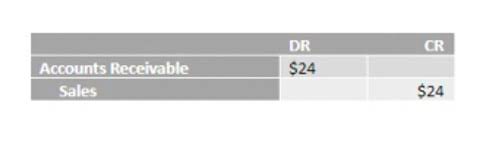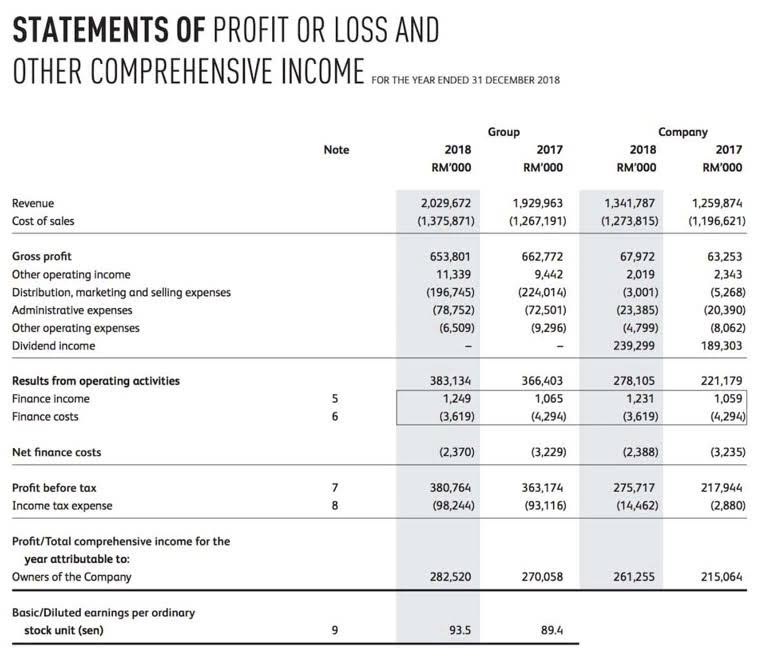
Expense management software can automate the tracking and categorization of miscellaneous costs, flagging outliers and providing real-time data that can inform spending decisions. These platforms often integrate with accounting software, streamlining the reconciliation process and enhancing financial transparency. Organizations can implement policies that set limits on discretionary spending and require documentation for all expenditures, no matter how small. This level of oversight encourages accountability and can deter unnecessary spending.
Personal Living Costs
However, these expenses are neither regular in nature nor significant in amount. Also, these expenses don’t fit into other standardized general ledger accounts such as Wages, Salaries, Advertisements, etc., to name a few. Here’s the simplest way to manage your miscellaneous expenses and make sure you stay tax compliant.
Form 2106 (Employee Business Expenses)

Proper record keeping ensures that expenses can be verified for internal review, budgeting, or in the event of an audit. Miscellaneous expenses refer to a define miscellaneous expenses variety of minor business costs that don’t fit neatly into defined spending categories. From small office supply purchases to one-off repairs, these financial wildcards can be unpredictable.
- Conducting monthly expense reviews helps identify patterns, eliminate wasteful spending, and keep financial records accurate.
- Instead, they usually refer to discretionary purchases with no specific purpose or predetermined budget, such as tickets for entertainment events or gifts for clients.
- It ensures that all business expenses are accounted for and well-documented so that investors can get an accurate picture of a company’s financial health.
- Many miscellaneous expenses are tax-deductible, making it important for businesses to maintain accurate records.
- As with the cost of rent, the portion of electricity and power expense relating to production and sales activities needs to presented in the cost of sales and selling expenses.
Importance of Accurate Record-Keeping
- Like all business deductions, these expenses must meet Internal Revenue Service (IRS) criteria of being “ordinary and necessary” for business operation.
- Your small business’s miscellaneous expenses are typically one-off or minor expenses that don’t fit into your usual expense categories.
- Jayanti Katariya is the founder & CEO of Moon Invoice, with over a decade of experience in developing SaaS products and the fintech industry.
- Tracking miscellaneous expenses isn’t just about organization; it has a direct impact on tax savings.
- Subscription charges incurred for purchasing software or studying courses will come under miscellaneous expenses.
They’re often overlooked but can significantly impact cash flow and tax deductions. https://seeknw.com/2021/08/18/the-most-efficient-way-to-find-an-accounting/ These smaller, necessary costs, ranging from office supplies to travel incidentals, can quickly add up. You probably know how much you are spending on food, clothes and housing, but what about miscellaneous expenses? From an accounting perspective, miscellaneous expenses include credit card fees, regulatory fees and other business costs that don’t fit within specific tax categories.

How to Budget for Miscellaneous Expenses #
Digital expense management platforms often feature approval workflows, where managers can easily approve or Mental Health Billing reject expenses from anywhere. This feature helps keep the process smooth and timely, ensuring that no unnecessary delays occur. It also allows for greater transparency, as both employees and managers can see the status of each expense request in real-time. For example, personal expenses, such as meals and entertainment, are not deductible unless they are directly related to the business. Additionally, some expenses may be subject to specific rules or limitations, such as the 50% limit on meal expenses.
How businesses handle incidental expenses

Proper documentation of all business expenses, no matter how small, helps businesses stay compliant with tax regulations and avoid potential penalties. Learn their definition, how to properly account for them, and their tax significance. Because they occur regularly, they have their own categories on the income statement. It can also be beneficial to create subcategories within the miscellaneous category for more granular tracking. This isn’t absolutely necessary, but it can help you identify when a certain type of spending has grown enough to deserve its own category in your accounting process.
